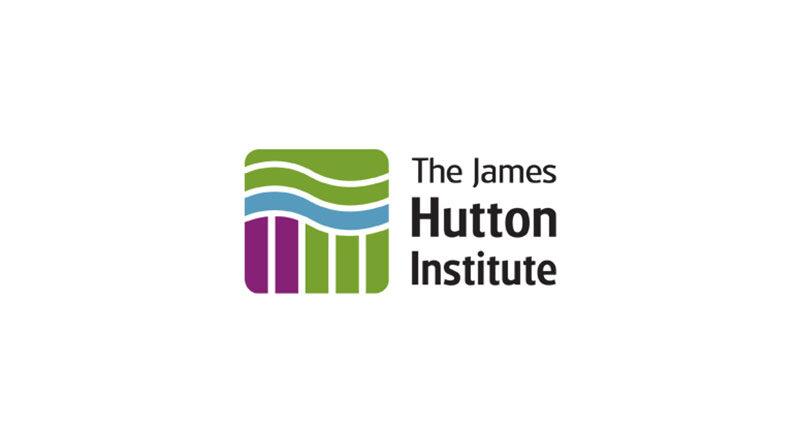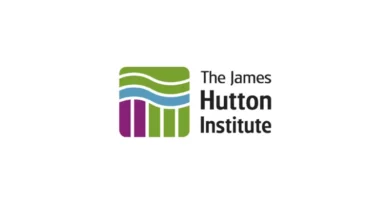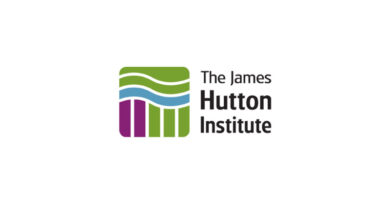Scientists offer solutions to the global phosphorus crisis that threatens food and water security
03 June 2022, UK: Phosphorus is an essential but often overlooked resource, it is crucial to life on Earth. Extracted from phosphate rock, it is used in crop fertilisers, livestock feeds and food additives. A major new report by a partnership of scientists warns that the global mismanagement of this finite nutrient is causing twin crises, brought into sharp focus with fertiliser prices skyrocketing in recent months.
The Our Phosphorus Future report is the most comprehensive global analysis of the challenges and possible solutions to the phosphorus crisis to date. It has been written by a team of 40 international experts from 17 countries led by the UK Centre for Ecology & Hydrology (UKCEH), the University of Edinburgh and includes findings from researchers at the James Hutton Institute.
Global food security remains threatened as many farmers struggle to afford sufficient phosphorus fertiliser for their crops. Meanwhile, overuse of fertilisers and sewage pollution pump millions of tonnes of phosphorus into lakes and rivers each year, damaging biodiversity and affecting water quality. The cost of responding to water-based phosphorus pollution in the UK alone is estimated at £170 million per year.
Professor Marc Stutter, a member of the Environmental and Biochemical Sciences group at the institute and a co-author of the report said: “It is great to see this united voice from such a truly global group of researchers.
“The recommendations and the opportunity to raise awareness of the broader environmental, resource and societal issues around the nutrient phosphorus come at a critical time for farming internationally. Phosphorus resources are already affecting farmer’s options for fertilisers and will soon ripple through food and fodder prices.
“Such a report and current issues should make us more proactive at restructuring the global system of phosphorus usage and reuse and wider the impacts for soils and waters.”
The report calls on governments across the world to adopt a ’50, 50, 50′ goal: a 50 per cent reduction in global pollution of phosphorus and a 50 per cent increase in recycling of the nutrient by the year 2050.
Professor Bryan Spears of UKCEH, one of the lead authors of the Our Phosphorus Future report, said: “Many countries are highly dependent on imported phosphorus fertiliser for food production, leaving them exposed to fertiliser price fluctuations. More efficient use of phosphorus in agriculture and increased recycling, for example from wastewater, can increase resilience in the food system while reducing pollution of lakes and rivers that are biodiversity hotspots and important for drinking water supply.”
The report’s authors estimate adopting the ’50, 50, 50′ goal would create a food system that would provide enough phosphorus to sustain over four times the current global population, save farmers nearly US $20 billion in annual phosphorus fertiliser costs and avoid a projected yearly clean-up bill of over US $300 billion to remove phosphorus from polluted water courses.
The researchers involved hope their report will raise awareness of the need for sustainable phosphorus management informing collaborations between scientists, governments, farmers and industries.
Also Read: Mahindra’s Farm Equipment Sector Sells 34153 Units in India during May 2022















